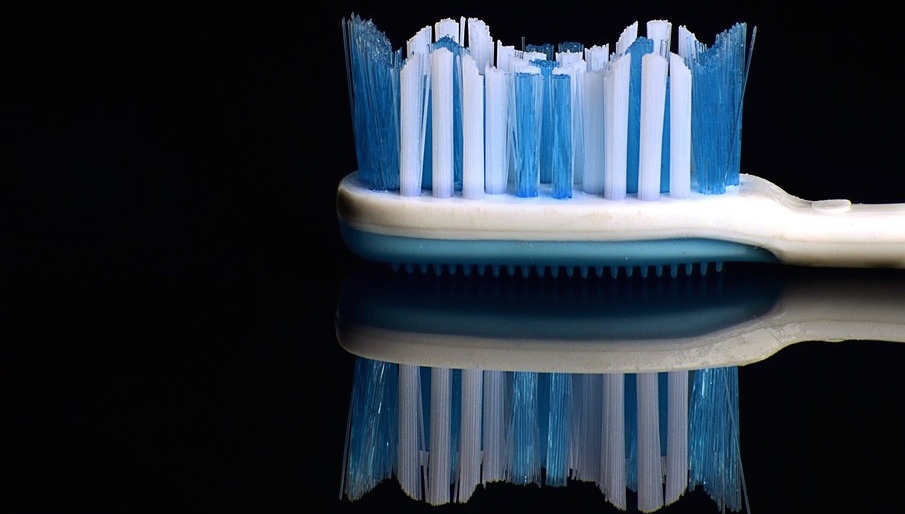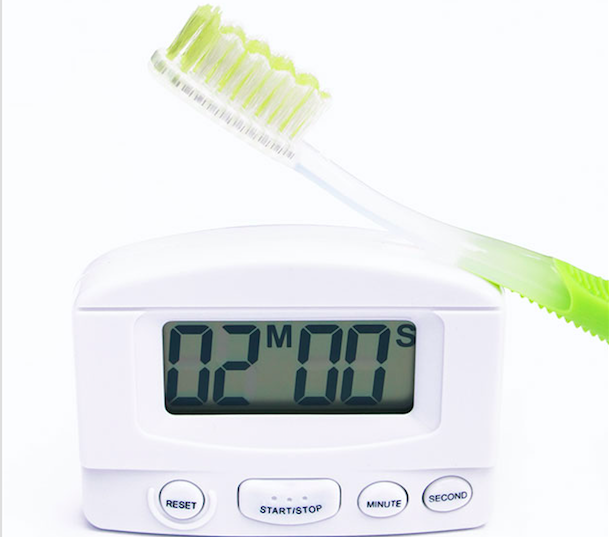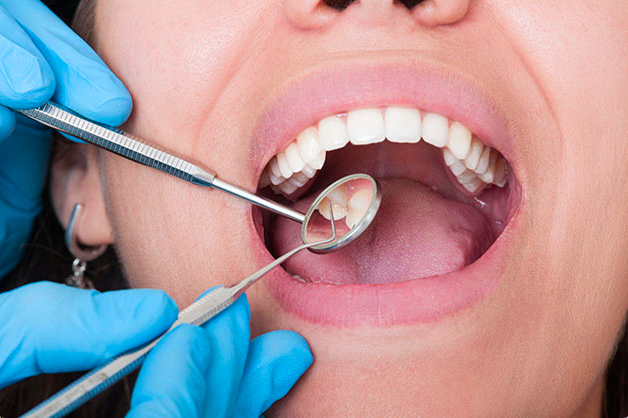
When you’ve been doing something your entire life, it’s not likely that you stop and give it much thought. Brushing your teeth is probably one of those mindless activities that you perform daily based solely on muscle memory and don’t have to think about.
But what if you knew you were doing it wrong? Or, at least, that you could be doing it better by getting your teeth cleaner, whiter, and more resistant to common complaints like cavities, bad breath, and gum disease.
Would you stop and think about it for a few minutes?
Timing

Many people may not be aware how long they should be brushing.
One of the first things to consider, if you want to get the most out of your daily brushing habit, is how long you brush every time.
The professional recommendation is that you brush at least twice a day, for at least two minutes each time. Unfortunately, many of us rush through the process much faster than that and fail to do a thorough-enough job.
Many electric toothbrushes come with a timer that helps ensure you brush long enough. Some even have 30-second “quadrant” timers that help ensure the time is spent equally throughout the entire mouth. If you’re using a manual toothbrush, you may want to set a stopwatch the next several times you brush to get a better picture of just how long two minutes is, then set a goal to create a new brushing habit that lasts longer.
Method
For many of us, the standard toothbrushing motion is a quick, vigorous sawing motion that hits several teeth in a line over and over again, rapidly switching between top, bottom, and different sides in an effort to finish up quickly.
But, to gain the full benefits of proper toothbrushing, you’ll want to slow down and thoughtfully ensure you’re thoroughly cleaning each individual tooth with short, gentle strokes, paying special attention to the gum line. Also, be aware of the harder-to-reach areas in the back of your mouth, and areas surrounding any restorative dental work you’ve had done.
Be sure to adequately brush the inside, outside, and chewing surfaces of each tooth, and take a few moments to brush your tongue as well to keep your breath fresh.
Tools
"To gain the full benefits of proper toothbrushing, you’ll want to slow down and thoughtfully ensure you’re thoroughly cleaning each individual tooth with short, gentle strokes, paying special attention to the gum line."
Choosing the right toothbrush and toothpaste are also important factors in how much you’re going to benefit from brushing your teeth routinely.
Most dentists recommend a soft-bristled brush since hard bristles can wear down tooth enamel too aggressively and can bruise gums. A smaller head is usually better since it tends to fit better into hard-to-reach spots in your mouth.
Many people find they’re able to do a better job with some form of powered toothbrush as opposed to a manual option. This is especially true of those who suffer from arthritis or other conditions that make it difficult to effectively control a manual toothbrush.
Many different varieties of toothpaste are available as well. Most dentists recommend your toothpaste include fluoride. Beyond that, choose a variety that works well for your unique situation (such as toothpaste developed specifically for sensitive teeth, to fight plaque build up, or to whiten teeth).
Brushing can’t stand alone

Visiting the dentist regularly is essential in addition to your personal dental care efforts.
The final “secret” to proper toothbrushing is not really a secret at all, but it is something that too few consider when thinking about oral health: brushing your teeth is not the only thing you need to do to properly care for your mouth.
Based on economic research on American consumer trends surrounding the Great Recession and subsequent slow growth period between 2007 and 2015, one finding was related to dentists and other oral health professionals. It found that the purchase of toothbrushes and toothpaste did not change throughout the financial crisis, whereas the purchase of dental floss and visits to the dentist for routine care both dropped off dramatically.
In other words, Americans viewed brushing their teeth as essential, but viewed flossing and regular dental visits as less than essential to their oral health.
Unfortunately, this is flawed reasoning. All of these practices are vital to maintaining good oral health. If finances get in the way of handling proper dental care, be sure to look into dental discounts and special deals on dental hygiene products to save on dental care.
Are you an employee without dental insurance? Find out how you can still afford dental care in our employee dental savings guide.
Next time you brush your teeth, take a deep breath before you start and think about the process. You may find it to be a more enjoyable, and beneficial, experience.

